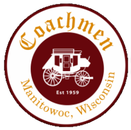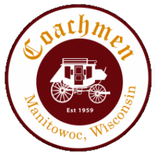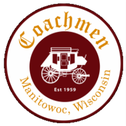| "One of These Nights" is a song written by Don Henley and Glenn Frey and recorded by the American rock band the Eagles. The title track from their One of These Nights album, the song became their second single to top the Billboard Hot 100 chart after "Best of My Love" and also helped propel the album to number one. | |
| | "Jive Talkin' " is a song by the Bee Gees, released as a single in May 1975 by RSO Records. This was the lead single from the album Main Course and hit number one on the Billboard Hot 100; it also reached the top-five on the UK Singles Chart in the middle of 1975. Largely recognised as the group's "comeback" song, it was their first US top-10 hit since "How Can You Mend a Broken Heart" (1971). |
| "He Don't Love You (Like I Love You)" is a 1975 No. 1 song in the United States sung by Tony Orlando and Dawn. It topped the Billboard Hot 100 chart on May 3, 1975, and remained there for three weeks.[2] The song also went to No. 1 on the U.S. adult contemporary chart for one week in 1975.[3] | |
| | "Please Mr. Postman" is a song written by Georgia Dobbins, William Garrett, Freddie Gorman, Brian Holland, and Robert Bateman. "Please Mr. Postman" became a number-one hit in early 1975 when the Carpenters' cover of the song reached the top position of the Billboard Hot 100. |
That's the flipSide
Harv



